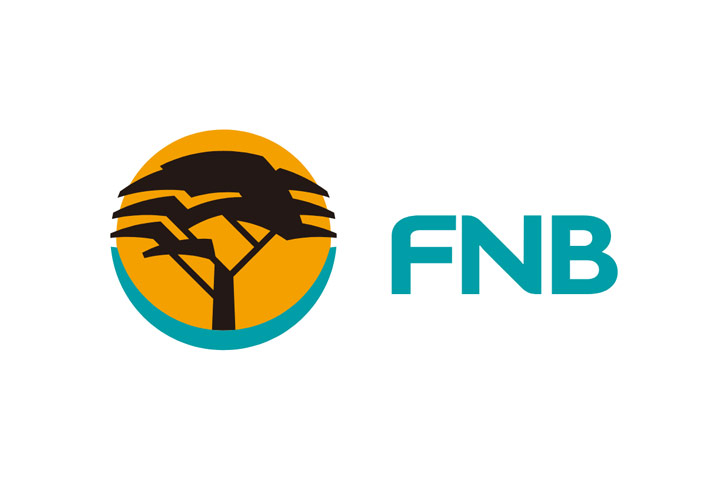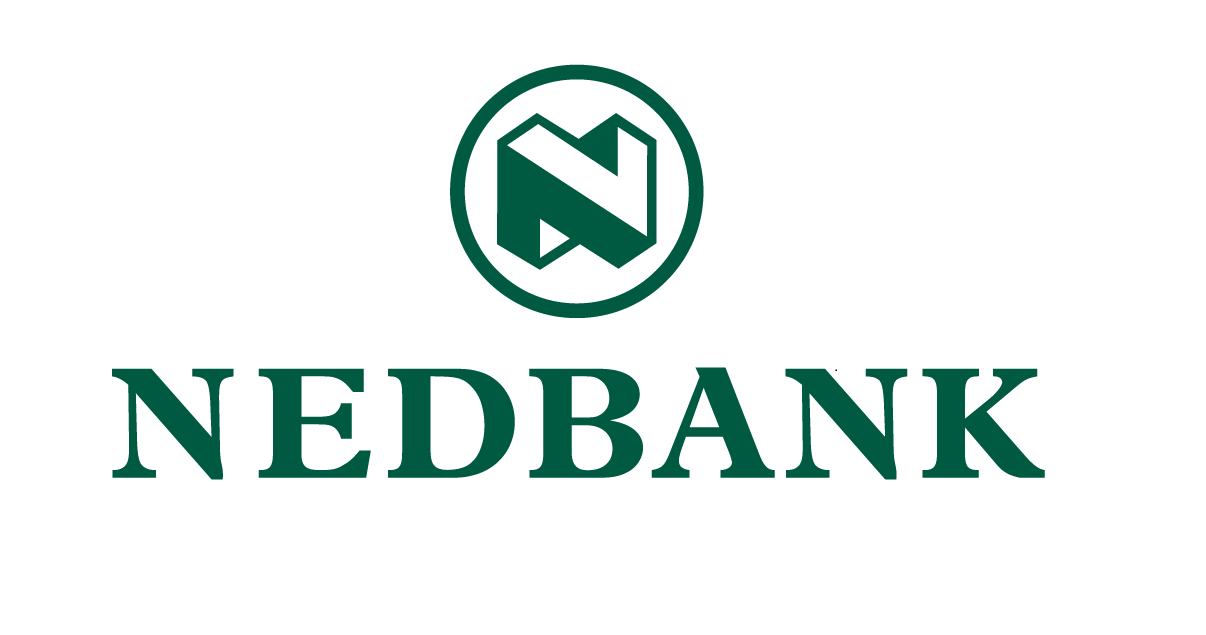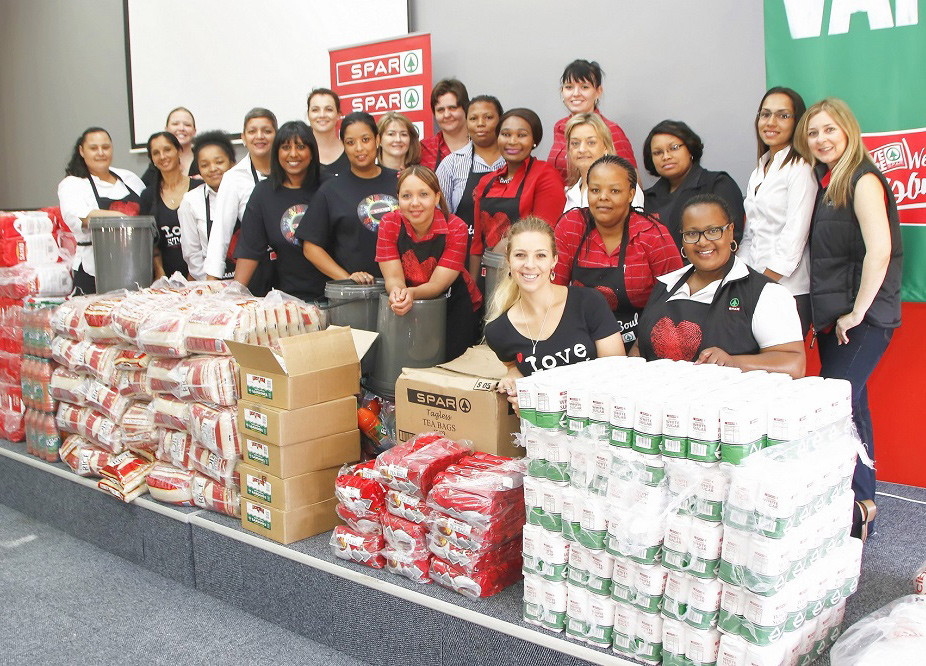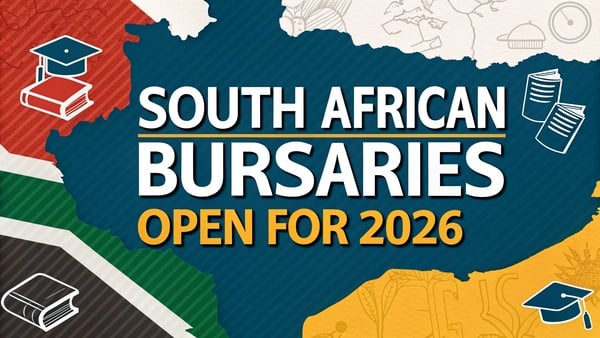Step-by-step guide on how to become an accountant in South Africa. Learn about qualifications, SAICA pathways, skills, salaries, and career opportunities in the accounting profession.
Introduction
Accounting remains one of South Africa’s most respected and secure professions. Every business—from start-ups to multinationals—needs accountants to manage finances, ensure compliance, and make strategic decisions.
If you’ve ever asked, “How do I become an accountant in South Africa?” this guide breaks it all down:
- The different types of accountants in SA
- Qualifications and pathways (including SAICA)
- Skills you’ll need to succeed
- Salary ranges and career opportunities
- Step-by-step roadmap from matric to professional designation
By the end, you’ll know exactly how to plan your accounting career.
1. Understanding the Accounting Profession in South Africa
1.1 What Do Accountants Do?
Accountants record, classify, interpret, and communicate financial information. Their tasks include:
- Preparing financial statements
- Managing budgets and cash flow
- Ensuring compliance with tax laws and regulations
- Conducting audits and risk assessments
- Advising on financial strategy
1.2 Types of Accountants in South Africa
There are several career paths:
| Type | Focus | Body / Designation |
|---|---|---|
| Chartered Accountant (CA[SA]) | High-level financial reporting, auditing, corporate finance | SAICA (South African Institute of Chartered Accountants) |
| Professional Accountant (SA) | General accounting for SMEs, tax, management accounts | SAIPA (South African Institute of Professional Accountants) |
| Management Accountant (CIMA) | Business strategy, cost management | CIMA / CGMA designation |
| Internal Auditor (CIA) | Auditing internal processes and controls | Institute of Internal Auditors SA |
| Tax Practitioner | Specialises in tax compliance and planning | SARS registered + professional body |
Understanding these paths helps you choose the right qualifications.
2. Qualifications and Pathways
2.1 Matric Requirements
- Strong marks in Mathematics and Accounting
- Business Studies, Economics also beneficial
- Computer literacy
2.2 Chartered Accountant Route (CA[SA])
The CA route is the most prestigious. Steps:
- Obtain a SAICA-accredited degree (BCom Accounting or BAcc) from a recognised university (UCT, Wits, Stellenbosch, UP, UKZN, UJ etc.).
- Complete a SAICA-accredited postgraduate qualification (CTA – Certificate in the Theory of Accounting).
- Pass SAICA’s Initial Test of Competence (ITC).
- Enter a three-year training contract (“articles”) at a SAICA-approved training office (audit firms, corporates).
- Pass the Assessment of Professional Competence (APC).
- Register with SAICA as a Chartered Accountant [CA(SA)].
2.3 Professional Accountant (SAIPA)
If you prefer working with SMEs or in private practice:
- Earn a SAIPA-recognised BCom degree (with Accounting, Tax, Auditing, Management Accounting).
- Complete 3 years’ practical training at an accredited training centre.
- Pass the SAIPA Professional Evaluation.
- Register as a Professional Accountant (SA).
2.4 Management Accountant (CIMA / CGMA)
For those who enjoy business strategy and cost analysis:
- Enrol for CIMA professional qualification (no specific degree required but business/accounting background helps).
- Complete CIMA’s exams and practical experience requirements.
- Earn CGMA designation.
2.5 Other Routes
- Internal Auditing: Study BCom Internal Auditing and complete CIA exams.
- Tax: BCom Taxation + register with SARS and a recognised body.
3. Where to Study Accounting in South Africa
Top universities offering SAICA-accredited degrees:
- University of Cape Town (UCT)
- University of the Witwatersrand (Wits)
- Stellenbosch University
- University of Pretoria
- North-West University
- Rhodes University
Private institutions:
- Milpark Education (CIMA programmes)
- Boston City Campus (Accounting diplomas)
- UNISA (distance learning BCompt Accounting Science – now replaced by new degrees)
Short courses:
- SA Accounting Academy
- Chartered Institute of Management Accountants (CIMA) SA
4. Skills You Need to Succeed
4.1 Technical Skills
- Financial reporting & IFRS knowledge
- Taxation and compliance
- Auditing principles
- Management accounting & budgeting
- Excel, Pastel, Sage, QuickBooks
4.2 Soft Skills
- Analytical thinking
- Attention to detail
- Communication skills
- Ethics and integrity
- Problem-solving
5. Gaining Practical Experience
5.1 Training Contracts (“Articles”)
Both SAICA and SAIPA require traineeships. Large audit firms (“the Big Four”: Deloitte, PwC, EY, KPMG) and mid-tier firms offer structured articles.
5.2 Internships and Vacation Work
Many universities arrange vacation work for accounting students. It helps secure training contracts after graduation.
5.3 Part-Time or Voluntary Work
Assist small businesses or NGOs with bookkeeping to build practical skills.
6. Step-by-Step Roadmap to Becoming an Accountant in South Africa
- Finish Matric with strong marks in Mathematics and Accounting.
- Decide on your career path: CA(SA), Professional Accountant, Management Accountant etc.
- Choose the right degree or qualification based on your chosen path.
- Complete your undergraduate and, if required, postgraduate studies.
- Apply for training contracts / articles early (in your final year).
- Pass professional exams (ITC, APC for CA(SA); Professional Evaluation for SAIPA; CIMA exams).
- Gain practical experience (3 years typical).
- Register with your professional body and maintain CPD (Continuing Professional Development).
7. Salary Expectations
Salaries vary by qualification and experience:
| Level | Typical Annual Salary (ZAR) |
|---|---|
| Trainee Accountant (Articles) | R180,000 – R300,000 |
| Newly Qualified CA(SA) | R500,000 – R700,000 |
| Senior Accountant / Manager | R700,000 – R1,200,000+ |
| Financial Director / CFO | R1,200,000 – R3 million+ |
Professional Accountants (SAIPA) typically earn R350,000 – R600,000 depending on practice size and experience.
8. Career Opportunities for Accountants in South Africa
Accountants can work in:
- Audit and assurance firms
- Corporates (finance departments)
- Banks and financial institutions
- Government and public sector
- Non-profits
- Self-employed / own practice
Specialisations include:
- Forensic accounting
- Tax advisory
- Corporate finance
- Management consulting
9. Challenges and Tips for Success
9.1 Common Challenges
- High workload during articles
- Intense exam preparation (especially CA route)
- Keeping up with changing regulations
9.2 Tips
- Apply early for bursaries and training contracts.
- Develop strong time-management skills.
- Join student chapters of SAICA, SAIPA, or CIMA.
- Network with professionals on LinkedIn.
- Stay updated on IFRS, tax law, and industry trends.
10. The Future of Accounting in South Africa
Accounting is evolving with technology:
- Cloud accounting software
- Data analytics
- Integrated reporting
- Sustainability and ESG reporting
While automation will change some tasks, accountants with analytical and advisory skills will be more valuable than ever.
11. Conclusion
Becoming an accountant in South Africa is challenging but rewarding. With multiple pathways—from Chartered Accountant to Professional Accountant and Management Accountant—you can choose the route that fits your career goals.
By focusing on the right qualifications, gaining practical experience, and building your skills, you can secure a stable and respected career with global mobility and strong earning potential.
Start by excelling in matric, researching accredited programmes, and applying for internships or training contracts early. In a few years, you could be a registered professional helping businesses and communities thrive.













Leave a Reply